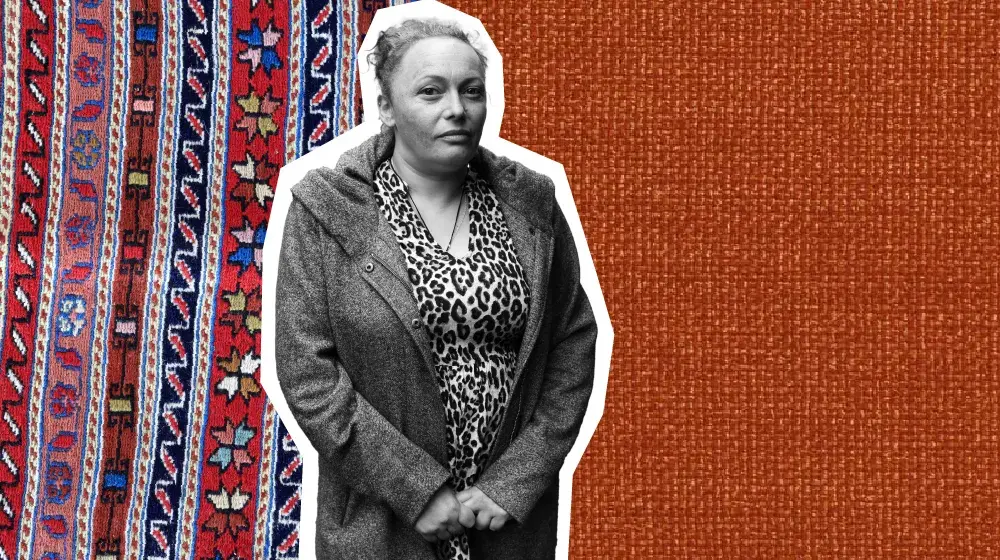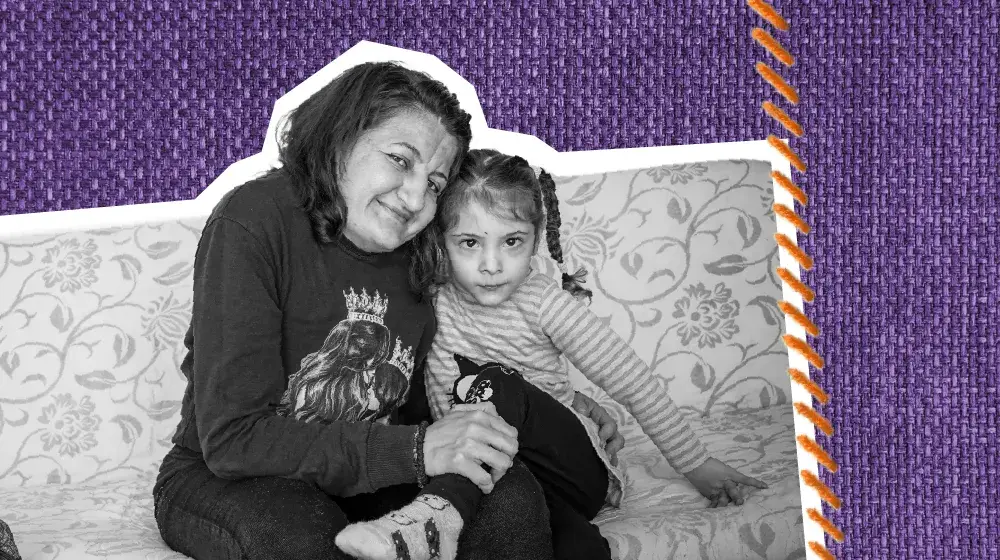Sexual and reproductive health (SRH) services are not luxuries: they are components of basic health care services which governments are obliged to provide. Yet political, cultural and social barriers to universal access still exist, and a total package of SRH services and commodities is still not available through all public health care systems.
People have different and changing SRH needs throughout their lives; therefore policies need to address the whole life course – from birth to old age. Although many countries achieved improvements in areas such as maternal health, family planning and preventing sexually transmitted infections (STIs), much remains to be done to ensure continuity of services and equity in health access. Applying a life-course approach to SRH is key for addressing these gaps: it improves access through integration of services, facilitates behaviour change at community level, and enables health systems to strengthen measures to prevent chronic disease in old age.
This brief is part of a series summarizing key issues and recommendations from the review leading up the July 2013 conference in Geneva. The briefs are meant to inform discussions on how to move ahead with implementing the ICPD agenda in the region in light of recent trends and developments.




